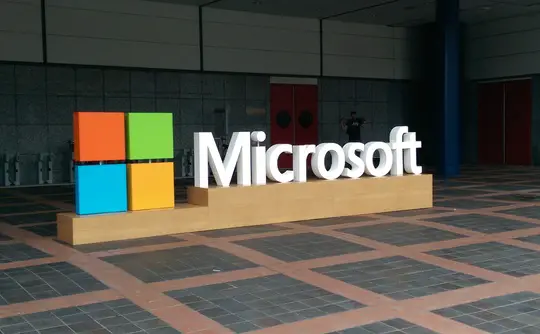
If you look back over the past year of smartphone development one of the most astonishing evolutions has been seen in the design and speed of system-on-a-chip processors deployed in handsets of all shapes and sizes. At the center of this has been ARM’s A series of processors, which serves as the basis of pretty much every smartphone and tablet chipset. First we got to 1GHz, a year later we had dual-core, and a year or so down the road we will see the next evolutionary step as ARM has shifted the roadmap for their next-gen A15 processor up from 2013 to late 2012. That is when we will see the first dual-core variants of that chip deployed in devices. Quad-core solutions are slated to launch in 2013.
The SoC boasts a performance improvement in the range of five times the power of the A9 chipset. NVIDIA, Samsung, ST-Ericsson, and Texas Instruments are already in line to license the A15 core and develop their own CPUs around it.
[via Engadget]









Hahahha, Tegra 2 is piss, and this is proof
what are you talking about? Tegra is a piss because it doesn’t have NEON simd engine and can’t accelerate high profile avc video (pretty much everything h264 video). This has nothing do do with cortex A9 tegra.
Isn’t Tegra talking quadcore by Christmas?
Tegra is based on ARM’s designs…
ARM is changing the game for companies like Intel and Nvidia. I am looking forward to ARM processors becoming compatible with future Windows.
http://xasu.blogspot.com/
It’s not ARM processors that have to become compatible. It is Windows.
I believe (and hope) Windows on ARM will flop.
First the belief.
While Microsoft may have invested buckets of monopoly gained money to port Windows and Office to ARM, not every other developer can. While programs in .NET may be simply binary compatible, there are still many legacy programs that at a minimum must be recompiled. Or worse, many programs have dependencies on x86 code.
The entire value of Windows lies in the legacy software base. If you remove the legacy software base, Windows has no particular value over other OSes on tablets, phones or netbooks. In fact it has less, because Android, iOS and to some extent Palm’s WebOS already have applications.
But let’s suppose all apps can be trivially ported to the ARM version of Windows (but I don’t think it’s going to be that trivial). Do you think the developers are just going to give those apps away? No, those apps will be premium priced. Do you really think Adobe is going to have a $100 version of Photoshop on a device that doesn’t also have a $1000 version — and requiring Adobe to invest in porting it to ARM? Developers will price gouge, er, charge premium prices for ARM versions.
Then there are end users. While some are unknowing enough to walk into Best Buy and be conned into buying a Windows ARM based tablet — despite that none of their existing software base at home will run on it — others will not be so easily conned. So end users will have to re-purchase their applications. They will want to know why? So if I just stick to x86 based Windows devices I don’t have to re-purchase my apps.
There is the Catch-22 chicken and egg situation. Without a huge base of customers buying Windows ARM, developers have little incentive to invest in porting (however trivial you argue it may be). Without the apps (nevermind costs to re-purchase all your existing Windows apps) end users have no reason to buy Windows on ARM.
Conclusion: Windows on ARM will flop.
Second the hope for it to flop.
By not extending Windows monopoly to ARM, Microsoft loses its ability to strongarm OEM’s and manipulate the hardware industry.
Microsoft was taken by surprise by netbooks running Linux. They did manage to kill netbooks by forcing OEM’s to redefine netbooks. So threatened was Microsoft that the resurrected XP from the grave and gave it away on Netbooks — on the condition that a netbook is dumbed down to Microsoft specifications to not blur the line between “real” laptops that charge a premium price for Windows.
I would rather see Microsoft lose control over OEM’s who make no x86 based products running Windows. We’ll see real innovation (which is already happening) and real competition for the first time in 30 years.
Doesn’t tegras performance lag behind other comparable cpus? Just because it was released first doesn’t mean its better.
well, for about 6 months or so the Tegra 2 was the top dog, but as you state others have come along to put out even better chips. Looks like NVIDIA will continue to push for more cores to take the top spot again but yes, others will continue to release better optimized chips but they’ll usually be released a bit behind the Tegra line.
a single core optimized can beat an unoptimized dual core. we have multicore makers, who is optimizing them for each phone??
apparently RIM’s new OS does a good job optimizing multiple cores. . . apparently Android not so much :(
Will these new dual/quad core chips drain battery was faster?
Tegra 2 is faster than any phone processor on the market right now and that’s a fact Jack